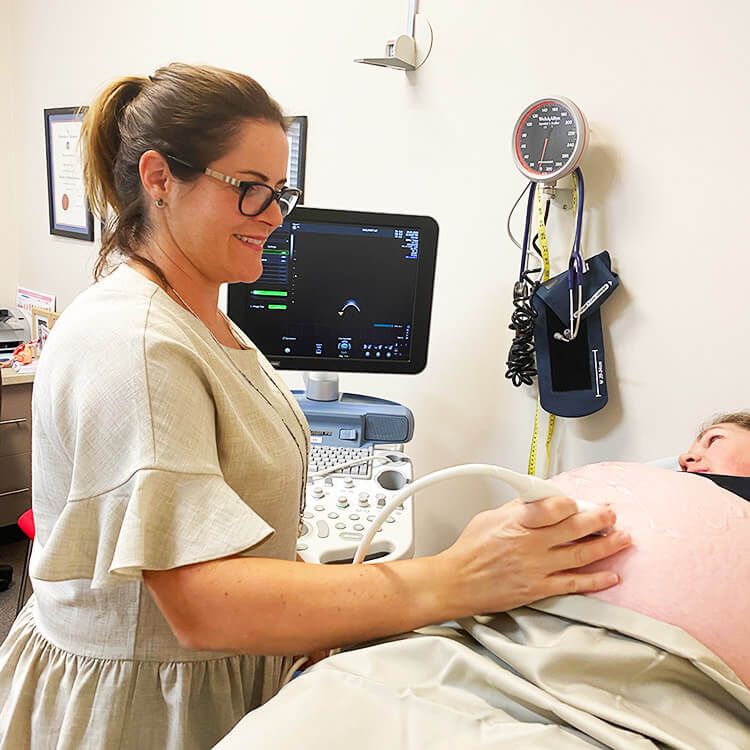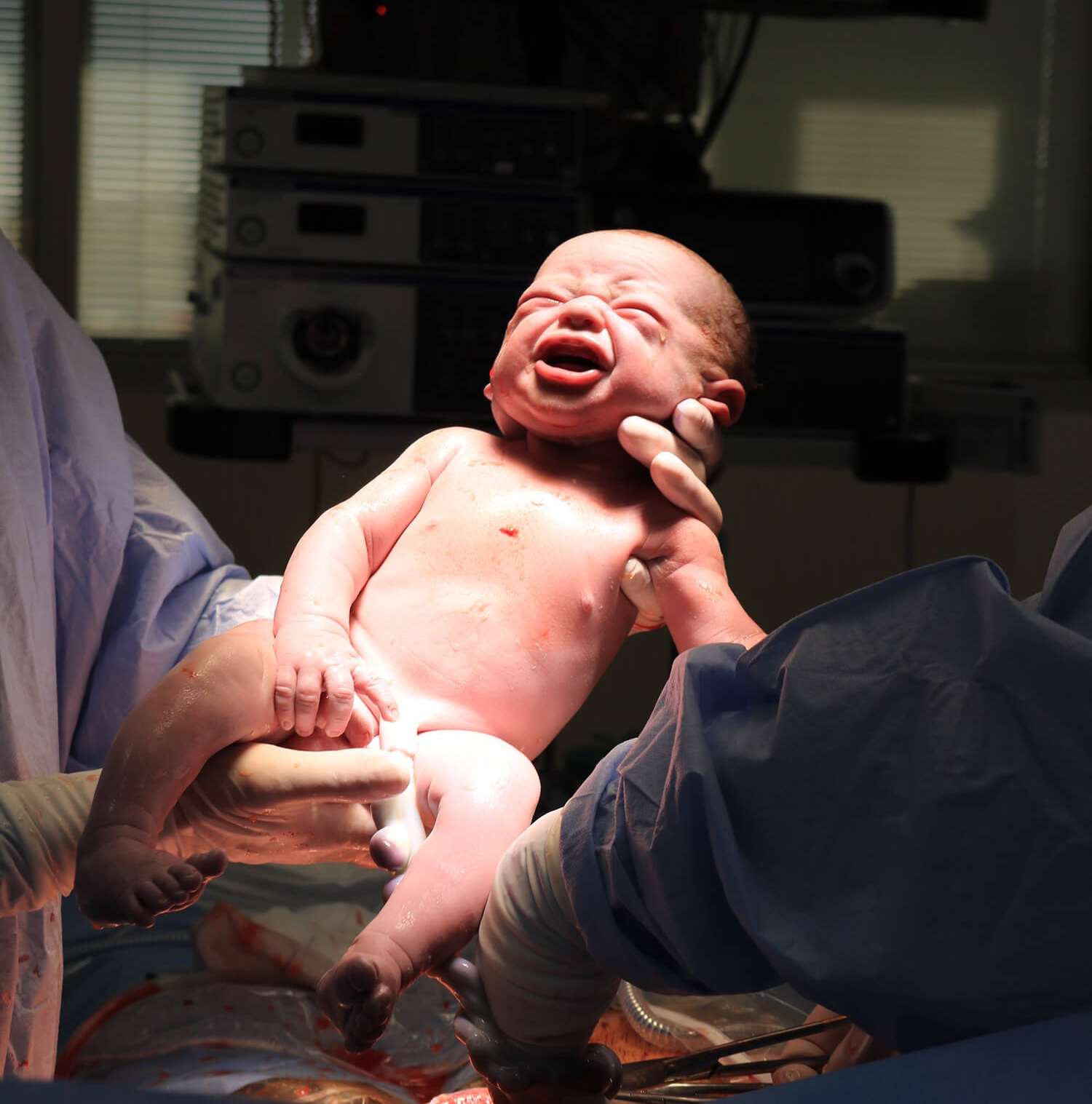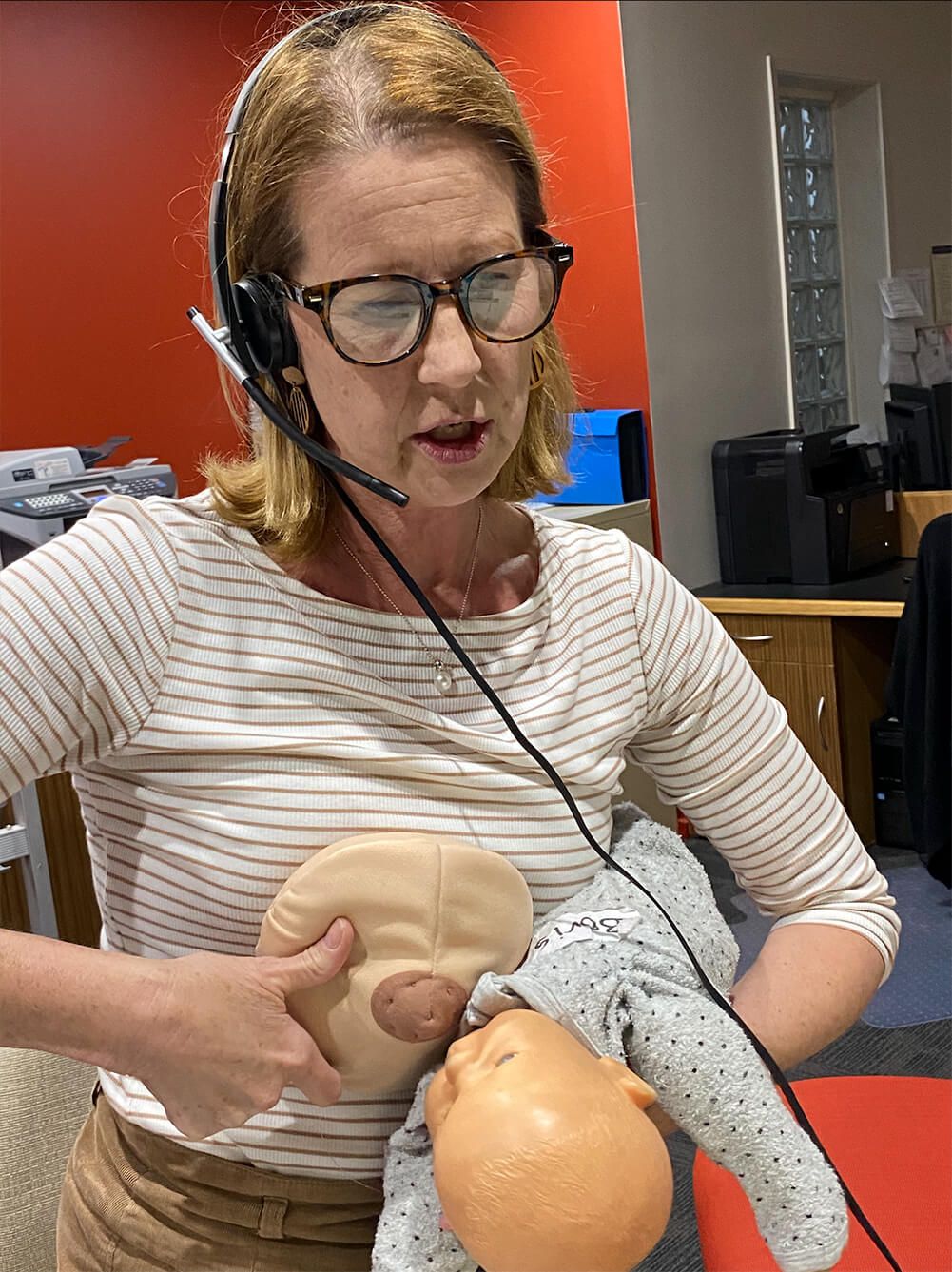Obstetrics
When you visit Obstetrics & Gynaecology Ballarat for your pregnancy care, you will be greeted by our happy and experienced reception staff and notice our modern, spacious and comfortable consulting rooms.
Obstetrics
When you visit OGB for your pregnancy care, you will be greeted by our happy and experienced reception staff and notice our modern, spacious and comfortable consulting rooms.
Overview
We are experienced in caring for your normal or high risk pregnancy, and our specialist obstetricians and midwives have a consistent approach to your care. We provide in house antenatal classes, and comprehensive breastfeeding and settling support after your baby is born.
Your obstetrician will be available to care for you at almost all times, with support provided by one of the other OGB obstetricians should he or she be unavailable.
You will have your specialist’s mobile number, so support is just a phone call away.
Due Date Calculator
Use this free online tool to calculate when your due date will likely be.
FAQs
- Now that I’m happily pregnant, I’m worried about miscarriage. What is the risk?
Thankfully the majority of pregnancies continue on to the birth of a healthy baby. There are situations however where the pregnancy ends in miscarriage. Almost always, this is due to there being an abnormality present in the embryo.
As a guide, the risk of miscarriage is 1 in (the number of weeks) that you are. For example at 9 weeks, it is 1 in 9, at 10 weeks it is 1 in 10. Once you are over 10 weeks, it is 1 in (2 x the number of weeks) that you are. For example, at 12 weeks it is 1 in 24. Once you are over 20 weeks, the risk is 1 in (3 x the number of weeks that you are) eg at 23 weeks, it is 1 in 69, and so on.
- I am keen to remain fit during pregnancy. How much can I do?
In general, if you have a normal pregnancy, you can maintain the level of exercise you are doing throughout your pregnancy as long as you are not getting exhausted. It is best not to plan to increase your exercise load during pregnancy, and to avoid exercise, which will increase your risk of getting direct trauma to your uterus, for example netball after 16 weeks.
Beyond that, common sense is needed, so if you feel exhausted, reduce your exercise as you advance through the pregnancy.
- Can I dye my hair whilst pregnant?
This is a very common question! The answer is an absolute yes – there are no concerns whatsoever about your baby if you dye your hair.
- Can I fly during my pregnancy?
There are some considerations about air travel whilst pregnant. There are no direct effects for your baby, but there is definitely an increased risk of blood clots (DVT), particularly with long flights. Should you be planning an overseas trip, please talk to your OGB Obstetrician who can help you assess the risk and advise accordingly.
Increasingly we are being asked to provide a letter stating that you are able to fly safely – some airlines will now request this routinely. Please ask your Obstetrician if you require this.
- Can I have a spray tan?
Again, this is perfectly safe for you and your baby.
- What can I take if I have a cold?
Unfortunately you are often more susceptible to the cold virus when pregnant, and you may find that your symptoms persist for longer than you would expect. This is in part due to the body’s changed immunity during pregnancy.
It is important to drink plenty of fluids and get lots of rest in order to help your body recover. Panadol is perfectly safe if you are sore and aching or if you have a headache. Cold and flu tablets are not safe in pregnancy and need to be avoided. Decongestant nasal spray similarly is not safe, but you can use a saline spray to help clear your nose. Vicks is also safe.
- What foods can I eat?
Listeria is an important bacteria that you should know about in pregnancy. By avoiding certain foods and by practicing good food hygiene, the absolute risk of Listeriosis is very low. Foods to avoid include:
- soft and semi-soft cheeses
- cold pressed meats
- cold cooked chicken
- pre-prepared vegetables and salads
- pre-cut fruit
- pậté
- soft-serve ice-cream
- raw seafood
Toxoplasmosis is also important to understand. This infection may be carried by cats/kittens, but it can also be ingested from poorly washed food (this is the most common method of catching Toxoplasma in this country). Careful washing of raw foods will minimise this risk. Wearing gloves when gardening also can help to reduce the risk.
Another consideration with food during pregnancy relates to the ingestion of mercury in deep-sea fish. The current recommendation is that whilst pregnant you should restrict your intake to no more than 200g of deep sea fish (such as Tuna) each week.
Ballarat
1105 Howitt Street
Wendouree Victoria
3355 Australia
Surf Coast
Epworth Geelong
1 Epworth Place, Waurn Ponds
3216 Australia
Abbreviations have been used throughout this website. Please refer to the glossary for full terminology.
All Rights Reserved | OGB
site by mulcahy & co marketing







